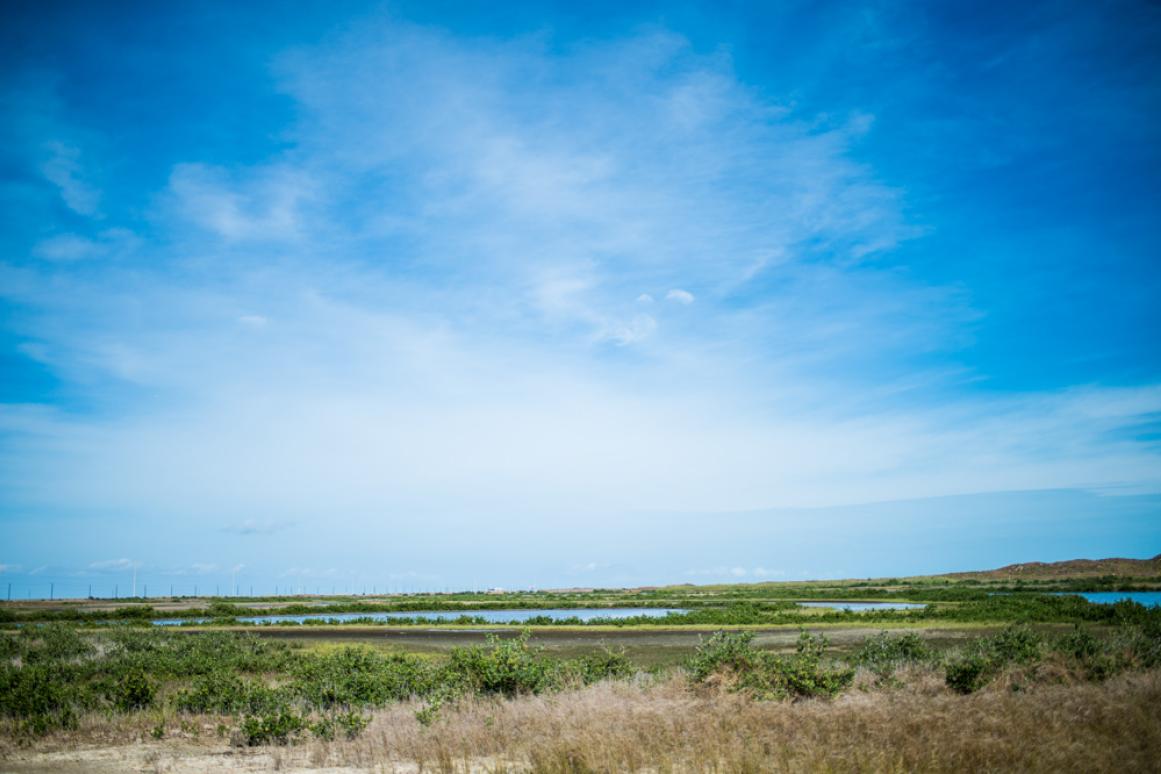2023 Texas Coast Ecosystem Health Report Cards Identify Success Stories and Vulnerabilities

The Texas Coast is home to some of the most ecologically diverse and valuable coastal ecosystems in the world. The health of these ecosystems is crucial for local, state, and federal efforts aimed at ensuring that our coastal ecosystems can continue to provide world renowned opportunities for anglers, bird watchers, swimmers, and coastal-dependent businesses. With funding from the Texas General Land Office and by working with stakeholders from local communities, as well as with natural resource managers, the Harte Research Institute for Gulf of Mexico Studies (HRI) at Texas A&M University-Corpus Christi (TAMU-CC) has just released the most in-depth assessment of the health of the Texas Coast to date.
The 2023 Texas Coast Ecosystem Health Report Card and related report cards for Matagorda Bay, San Antonio Bay, the Coastal Bend, and Lower Laguna Madre utilize data on a broad suite of indicators such as water quantity and quality, bacteria, habitats, fisheries and oysters, birds, and coastal economies to determine how healthy our coastal waters are. This science-based effort provides a snapshot of the current condition of a given area and highlights missing information that is critical to decision making, providing local leaders with an opportunity to advocate for additional resources to fill data gaps.
Findings show that Texas’ coastal fisheries and the economies they support are remarkably healthy despite pronounced human population growth and natural stressors. However, some parts of the Texas coast are displaying vulnerabilities that include symptoms of deteriorating water quality (such as in Baffin Bay), loss of critical habitat (such as seagrass beds, wetlands and rookery/spoil islands), and population declines of iconic wildlife species such as flounder, oysters and colonial waterbirds. These vulnerabilities are related to factors including human population growth in coastal watersheds without adequate pollution or erosion controls, impacts from unsustainable harvesting, changing water temperatures, and erosion from natural weather events and sea level rise, among other factors.
“Findings from the Report Cards can help resource managers and communities prioritize conservation and restoration actions and achieve balanced growth with healthy ecosystems that support our vibrant coastal communities,” said Dr. Amie West, Assistant Research Scientist at HRI.
HRI is continuing to work toward a Gulf-wide coastal ecosystem report card program to promote thoughtful and effective restoration and conservation decisions of the Gulf of Mexico as a whole. To this end, HRI recently partnered with researchers in Mexico and Cuba. It is envisioned that the Texas Coast cards will serve as a springboard for these broader efforts.
Click the buttons below to view the cards and learn more:
This project was funded through a grant from the Texas General Land Office (GLO) providing Gulf of Mexico Energy Security Act of 2006 funding made available to the State of Texas and awarded under the Texas Coastal Management Program. The views contained herein are those of the authors and should not be interpreted as representing the views of the GLO or the State of Texas
